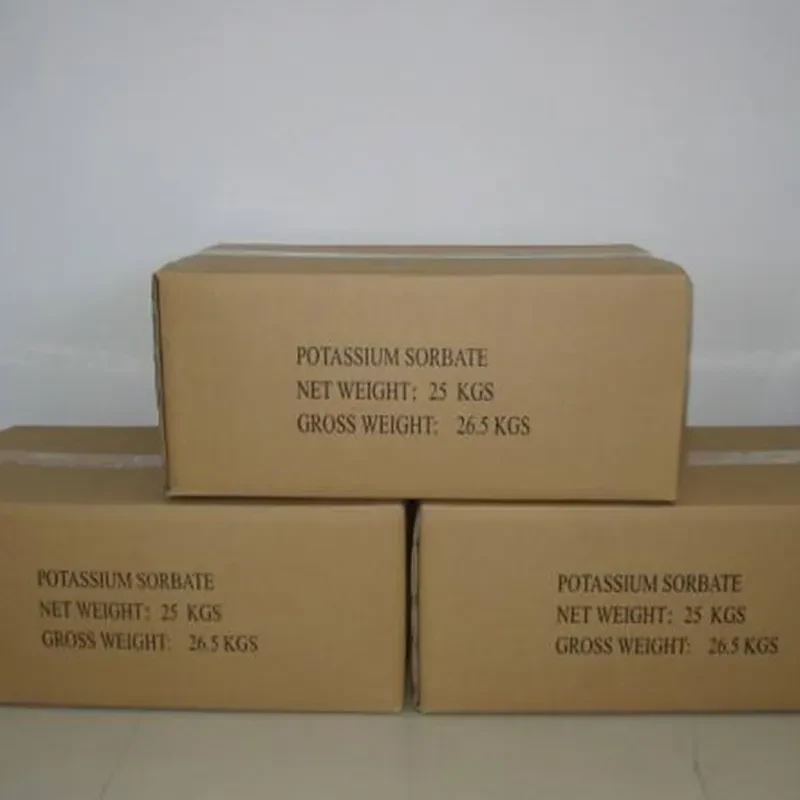In industrial environments, where large volumes of gas are used, pressure regulators are critical for maintaining safety and operational efficiency. They are employed in processes such as welding, chemicals manufacturing, and food processing, where precise gas flow and pressure are vital for quality control and safety standards.





